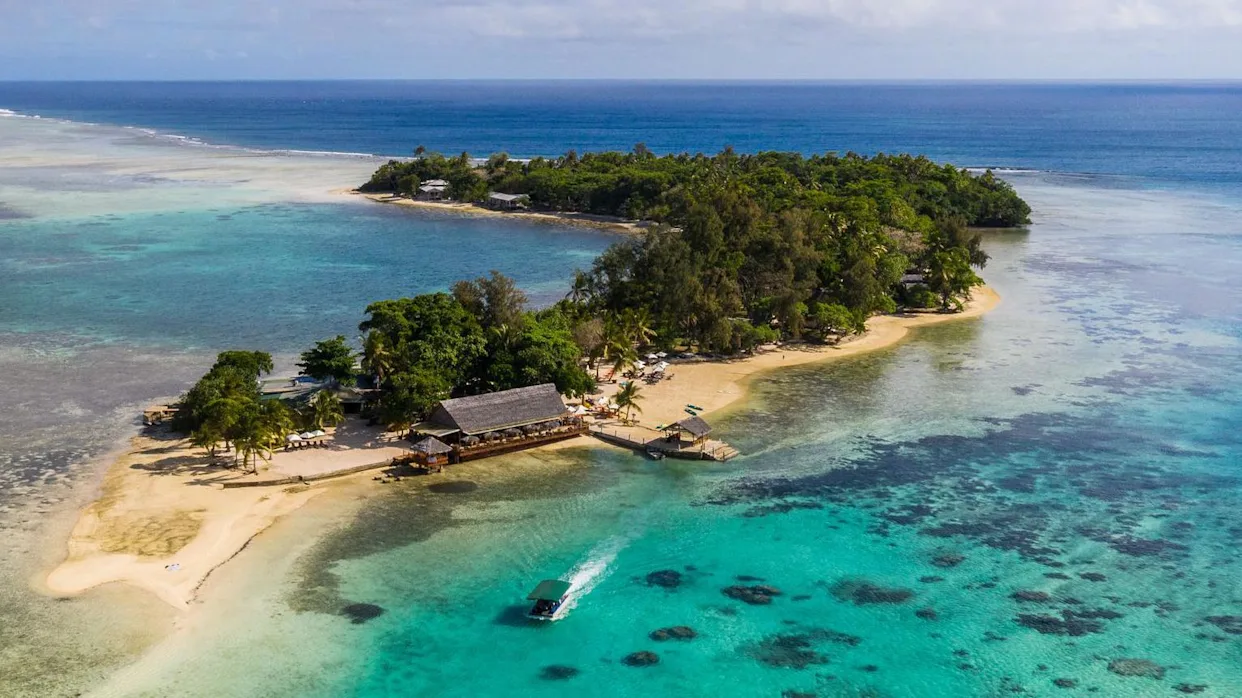Australia and Vanuatu Forge a New Era of Pacific Cooperation
Australia and Vanuatu have announced a groundbreaking A$500 million ($328 million) strategic partnership designed to deepen economic and security ties over the next decade. This long-term agreement, set to be officially signed in September, marks a major step in Canberra’s effort to solidify its role as a key partner in the Pacific amid increasing regional competition. Known as the Nakamal Agreement, the deal emerged after months of negotiations and aims to transform bilateral relations through infrastructure investment, climate change adaptation, and enhanced security cooperation.
The investment will fund two state-of-the-art data centres—one in Port Vila, Vanuatu’s capital, and another on Santo, the country’s largest island. These facilities will improve digital infrastructure, increase regional connectivity, and enhance cyber resilience. Additionally, a substantial portion of the funds will go towards climate change mitigation projects to protect Vanuatu’s low-lying islands from rising sea levels and severe weather events.
Security, Economic Growth, and Climate Resilience
Australian Deputy Prime Minister Richard Marles described the agreement as a “family” commitment, underscoring the nations’ intertwined futures. For Vanuatu, Prime Minister Jotham Napat emphasized that the deal is a “win-win situation” providing long-term benefits in multiple sectors, from national security to economic transformation. While visa-free travel for Vanuatu citizens remains under discussion in a separate subsidiary agreement, the current deal prioritizes physical and digital security infrastructure, disaster preparedness, and economic resilience.
The partnership builds on Australia’s growing network of agreements across the Pacific. Similar accords have recently been signed with Tuvalu, Papua New Guinea, and the Solomon Islands, demonstrating Canberra’s strategic approach to regional stability. By funding key infrastructure projects, Australia is not only fostering economic growth in Vanuatu but also strengthening its geopolitical presence to counter increasing investment and influence from China in the Pacific region.
A Shared Security and Economic Future
The Australian government views the agreement as a cornerstone for future Pacific policy. Foreign Minister Penny Wong stated that the deal is about where both nations will stand in “three, five, and ten years,” highlighting its long-term strategic vision. For Vanuatu, the partnership opens opportunities in labour mobility, technology infrastructure, and economic diversification, ensuring communities are better prepared for future challenges.
This agreement also has symbolic importance. Signed near the active volcano on Tanna Island, the setting reflected both the volatility and resilience of Pacific nations facing the dual pressures of environmental and geopolitical change. With increased financial support and targeted development initiatives, the Australia–Vanuatu strategic partnership aims to position both nations as leaders in regional cooperation, setting a precedent for future agreements across the Pacific.







